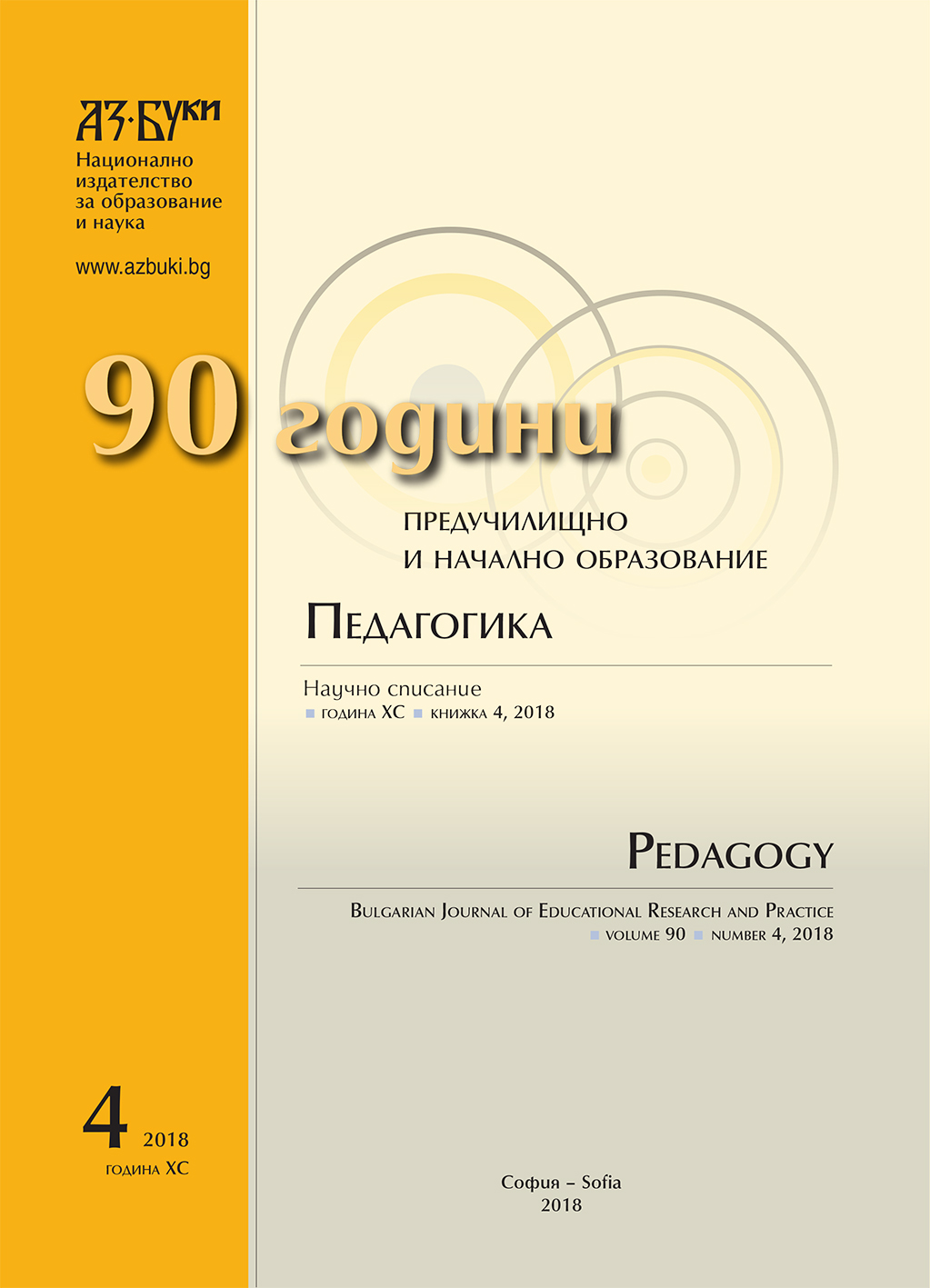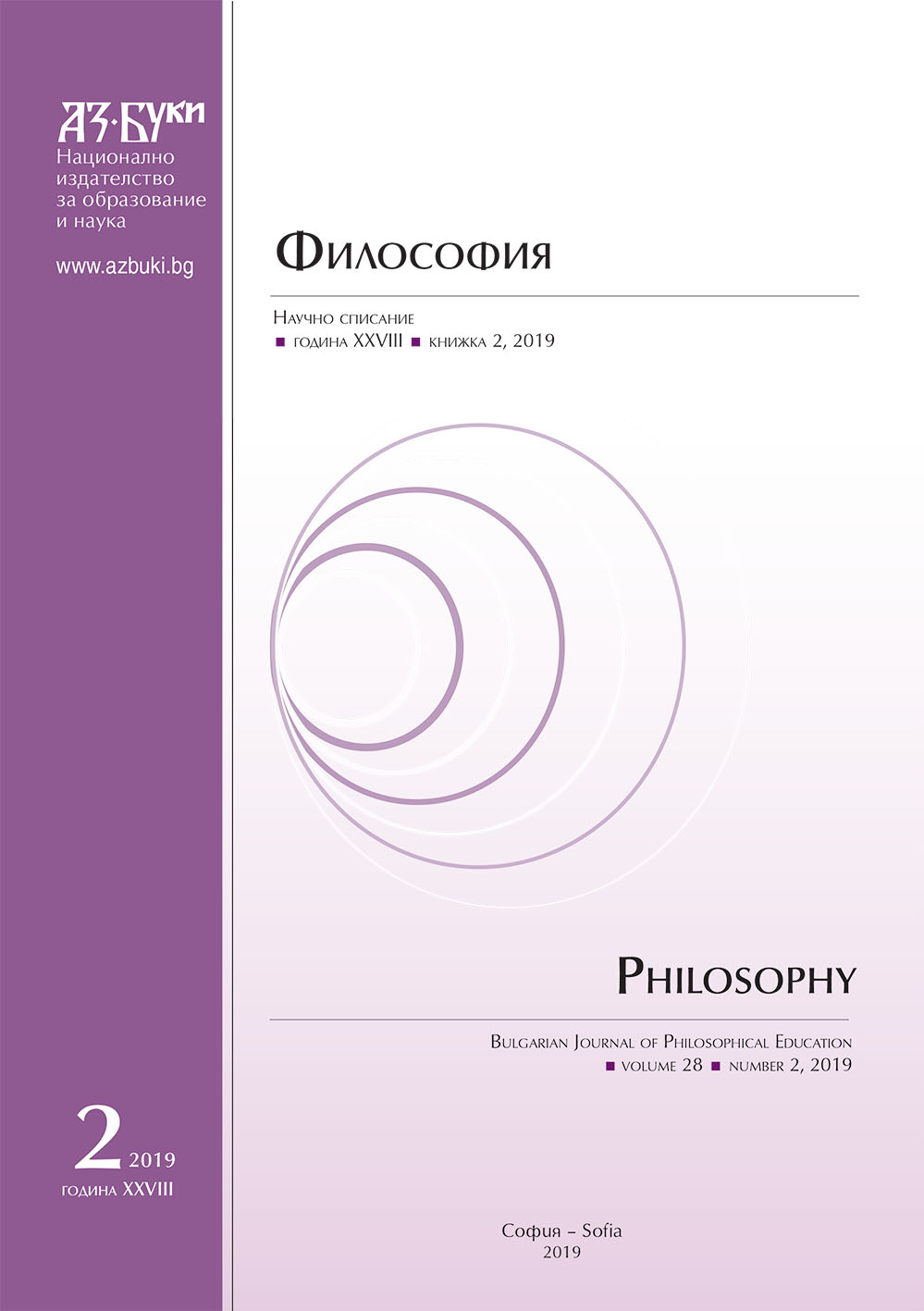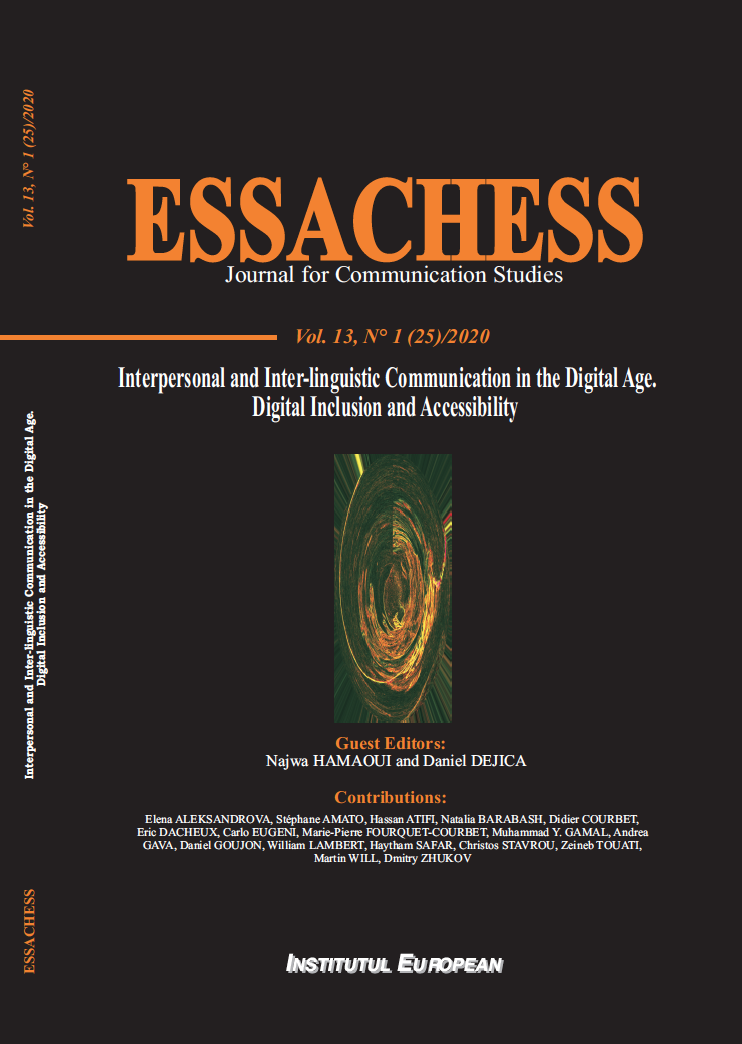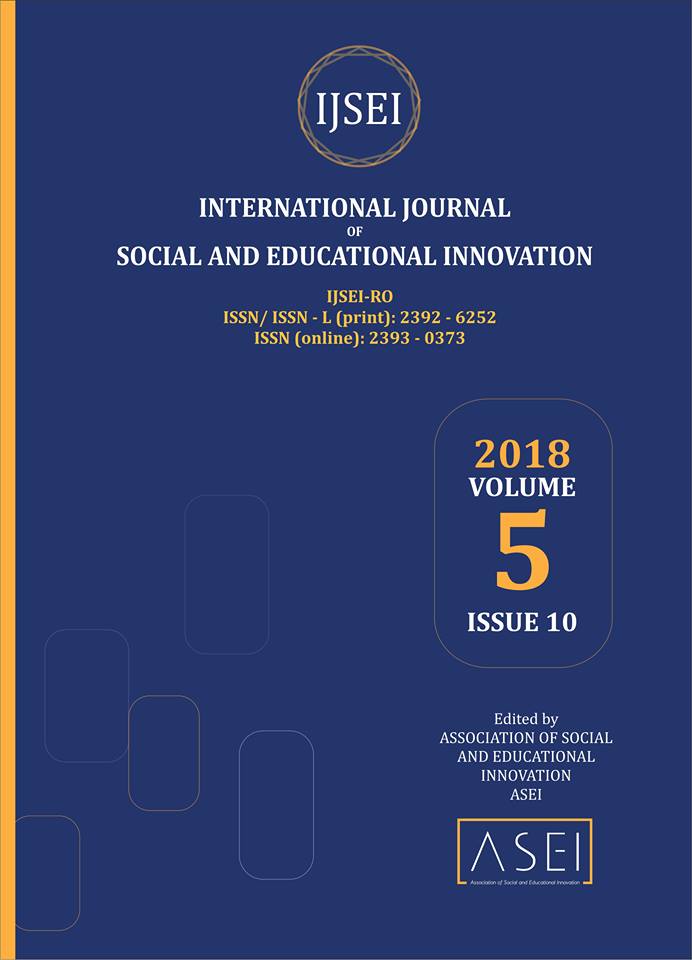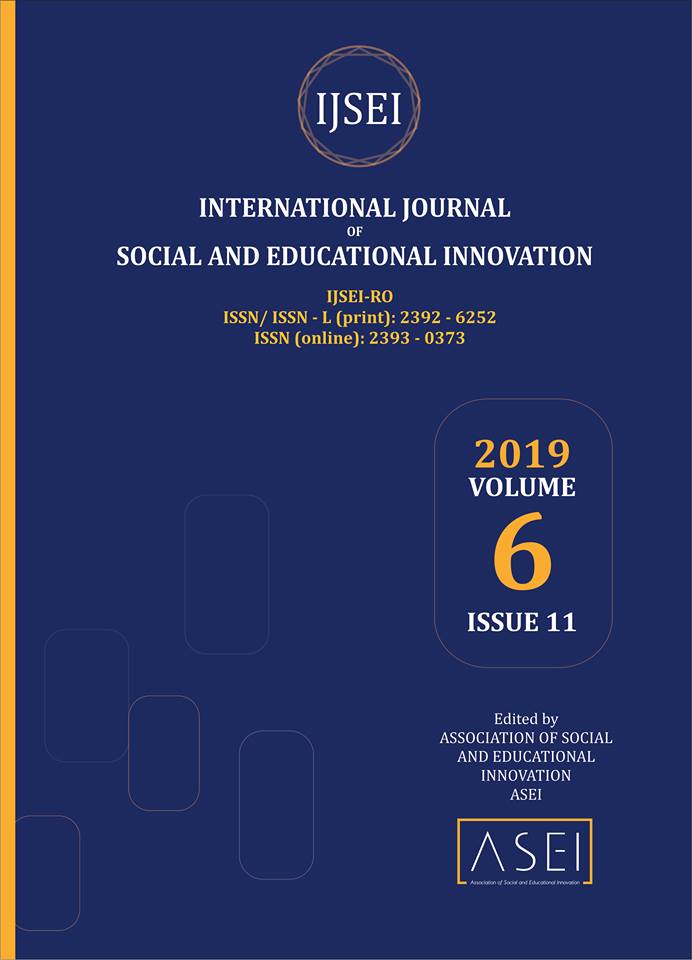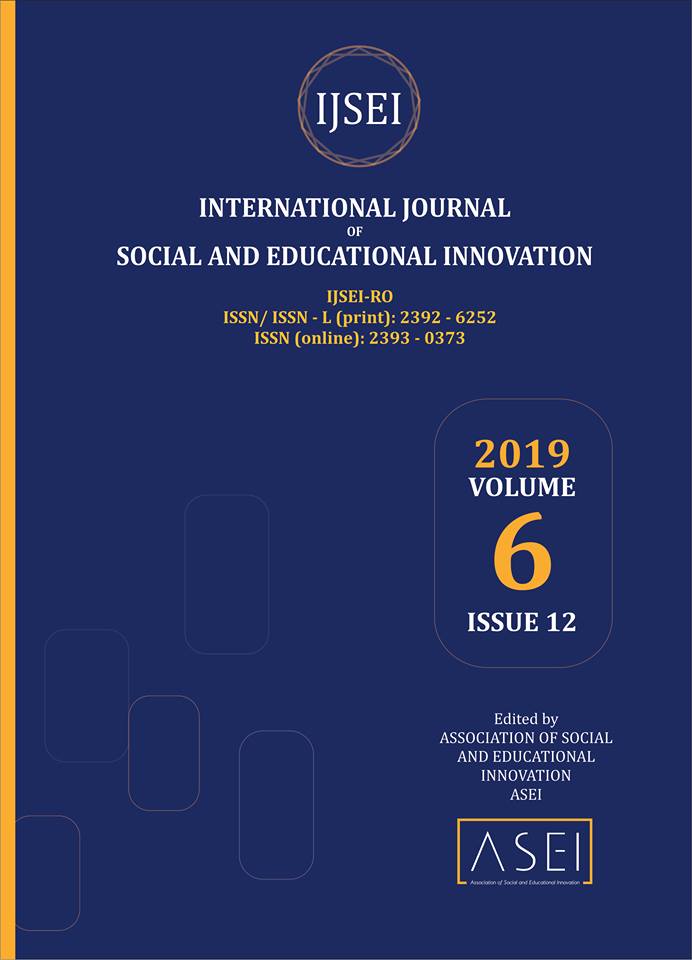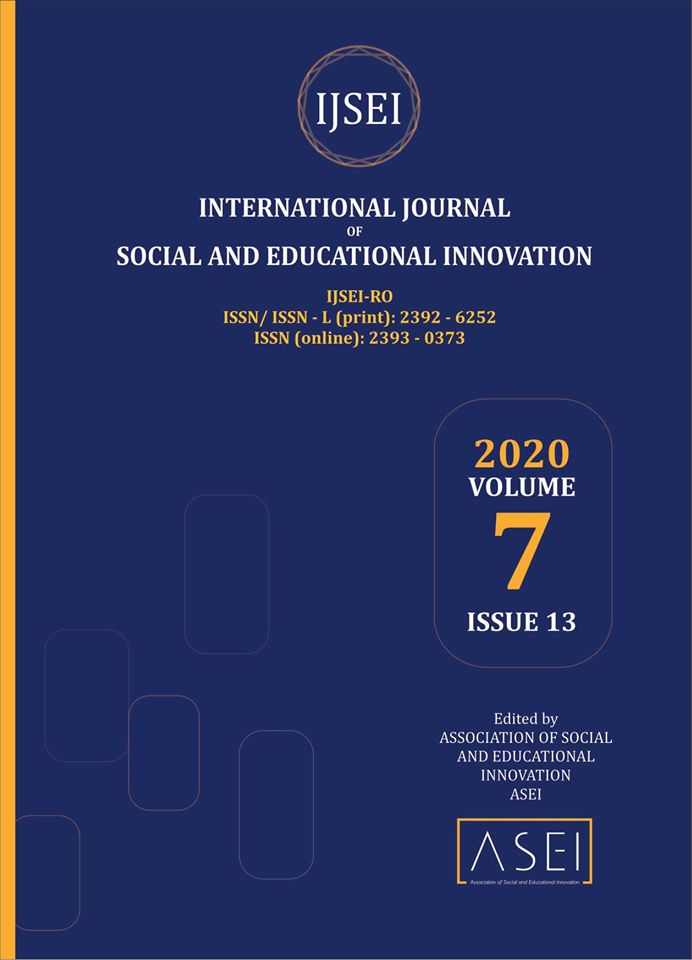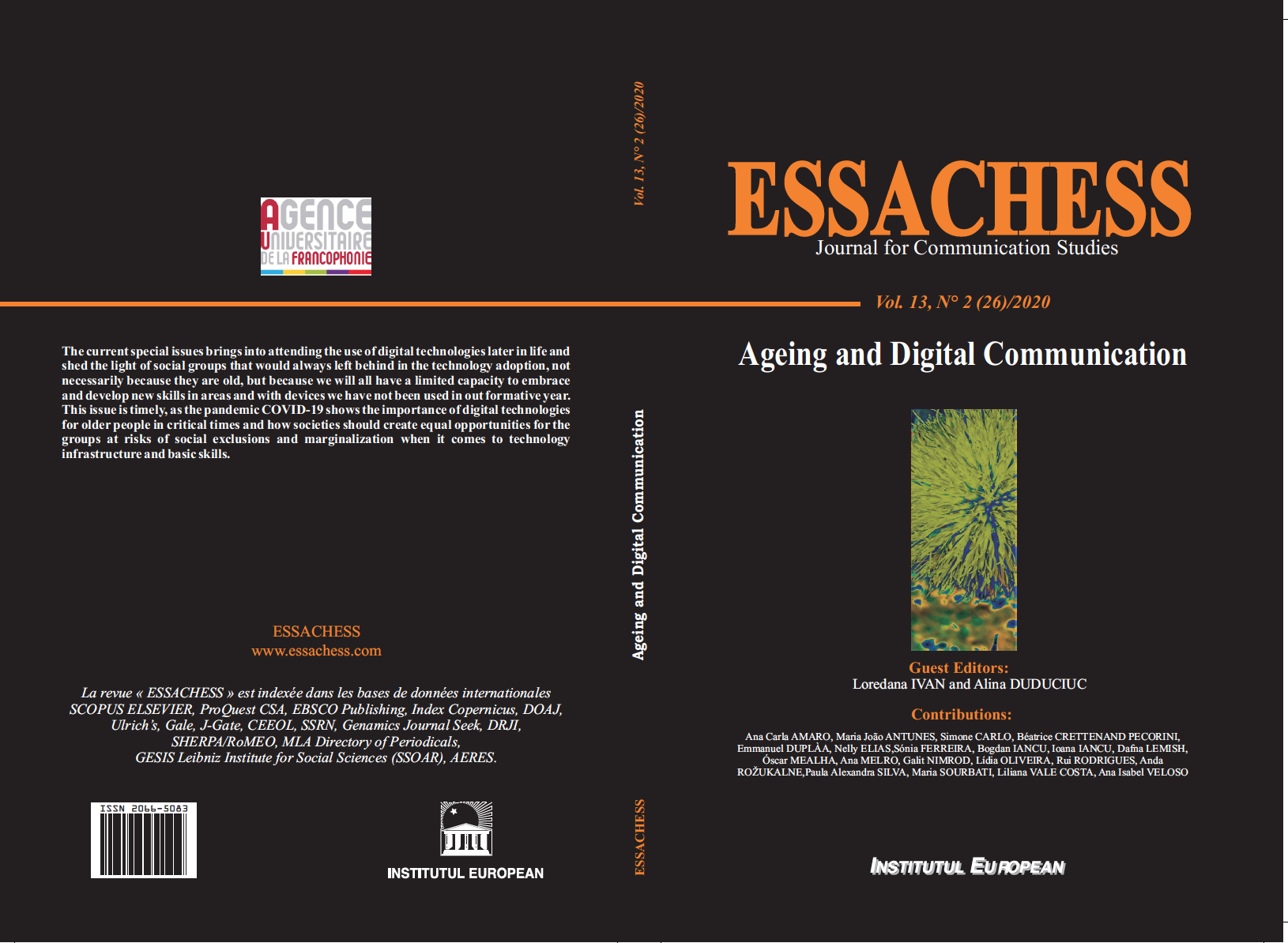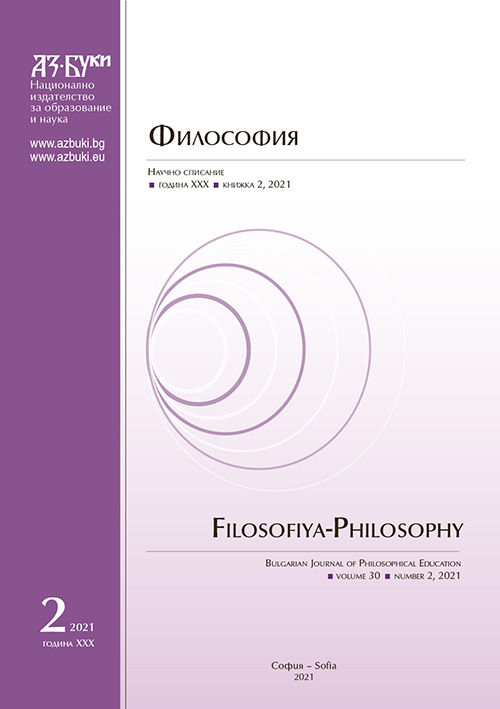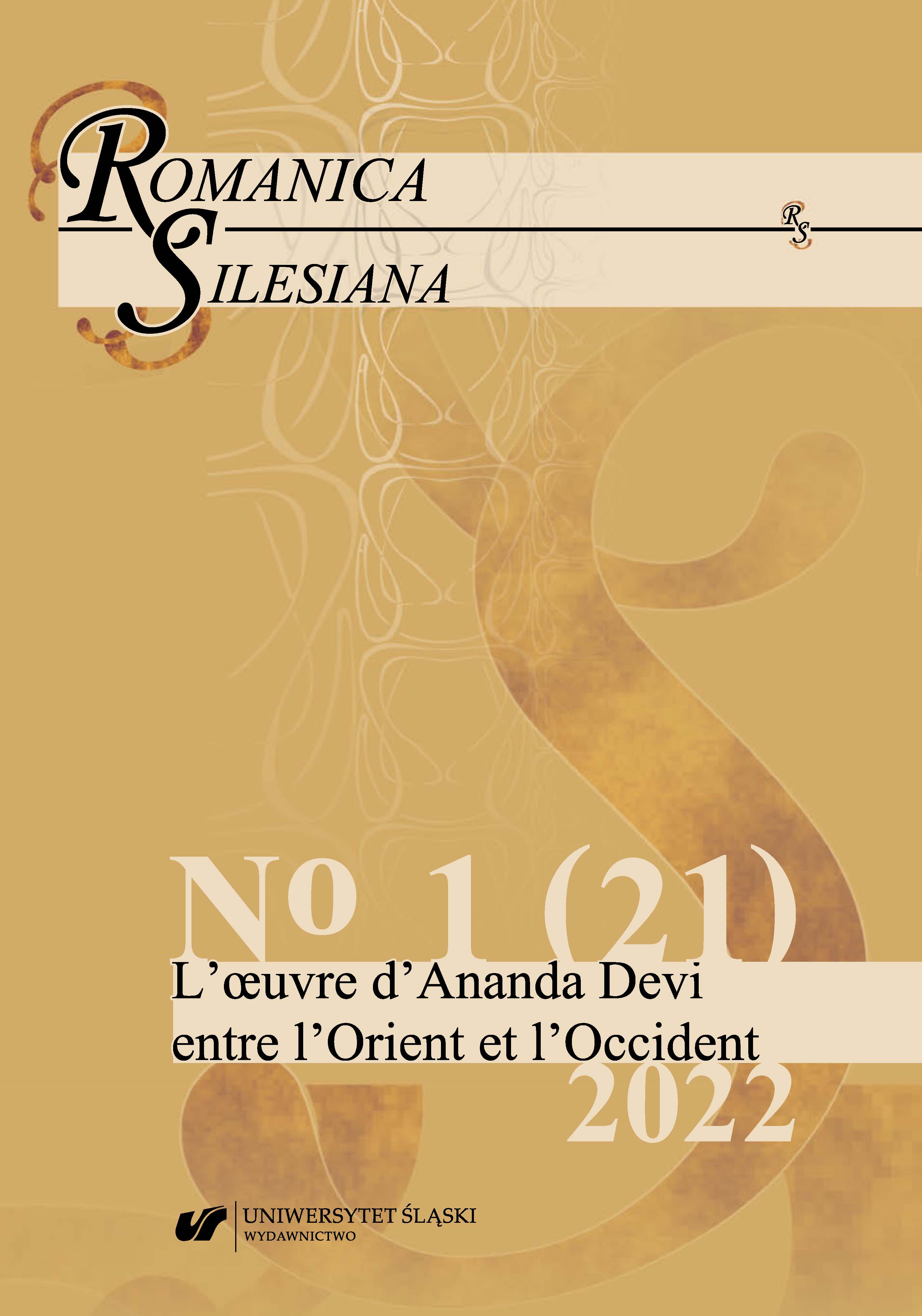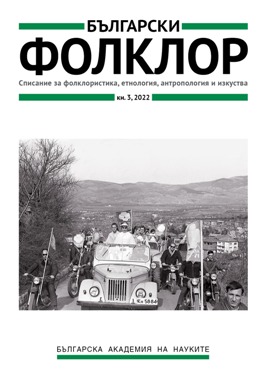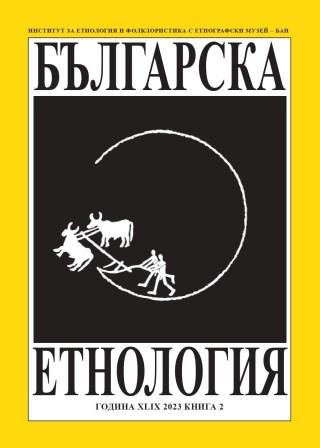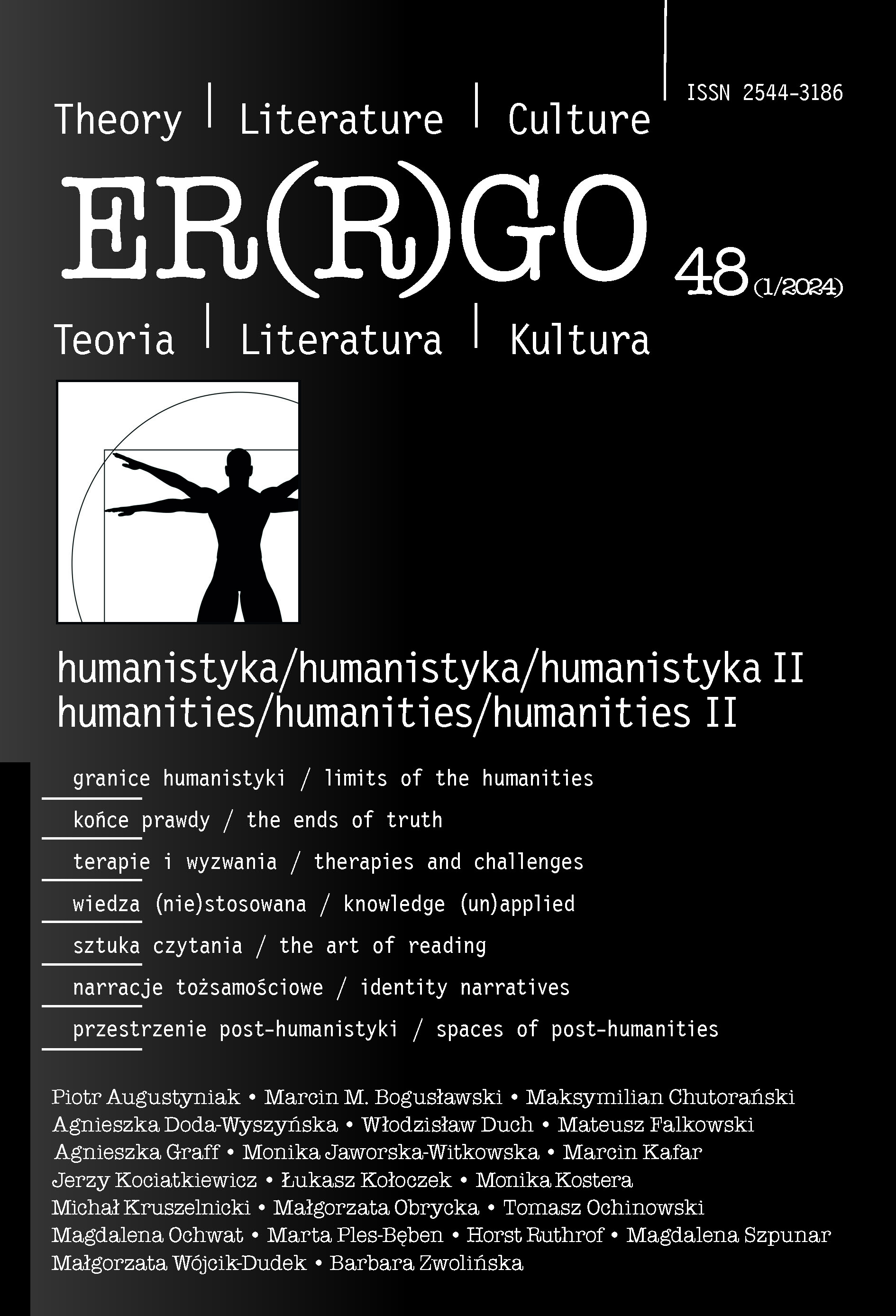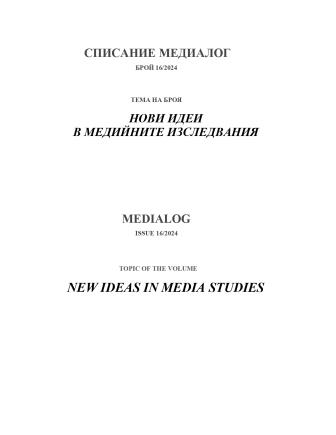Author(s): Florent Rrahmani / Language(s): English
Issue: 11/2019
The constitutional changes of 1989 in Kosovo, in addition to physical, political andpsychological pressure, exerted social pressure through job dismissals. Job dismissalsbecame a “normal” process, becoming a common way of exercising social pressure.In all these impossibilities in front of which a whole society is placed, self-organization oropposition through self-acting is expressed.In this course, the collapsed life on every sphere, and precisely this collapse burdened evenmore the daily life of these citizens, imposing reflection on these inabilities.While therepressive state was exclusive, degrading, and denigrating for a category of the society,precisely this category got self-integrated through resistance, which can not be calledotherwise but self-organization.In this flow, many subsequent developments came to the fore,such as the comprehensive mobilization of the society, so that individual tasks became selfvoluntarycollective duties and obligations.To this society, faced with such a situation, Solidarity was undoubtedly imposed in every areaof life, having the course from similarities, and “solidarity that comes from similarities is atits maximum when the collective conscience completely wraps up all our conscience andcomplies with it on all points” (Durkheim, 2004).
More...
